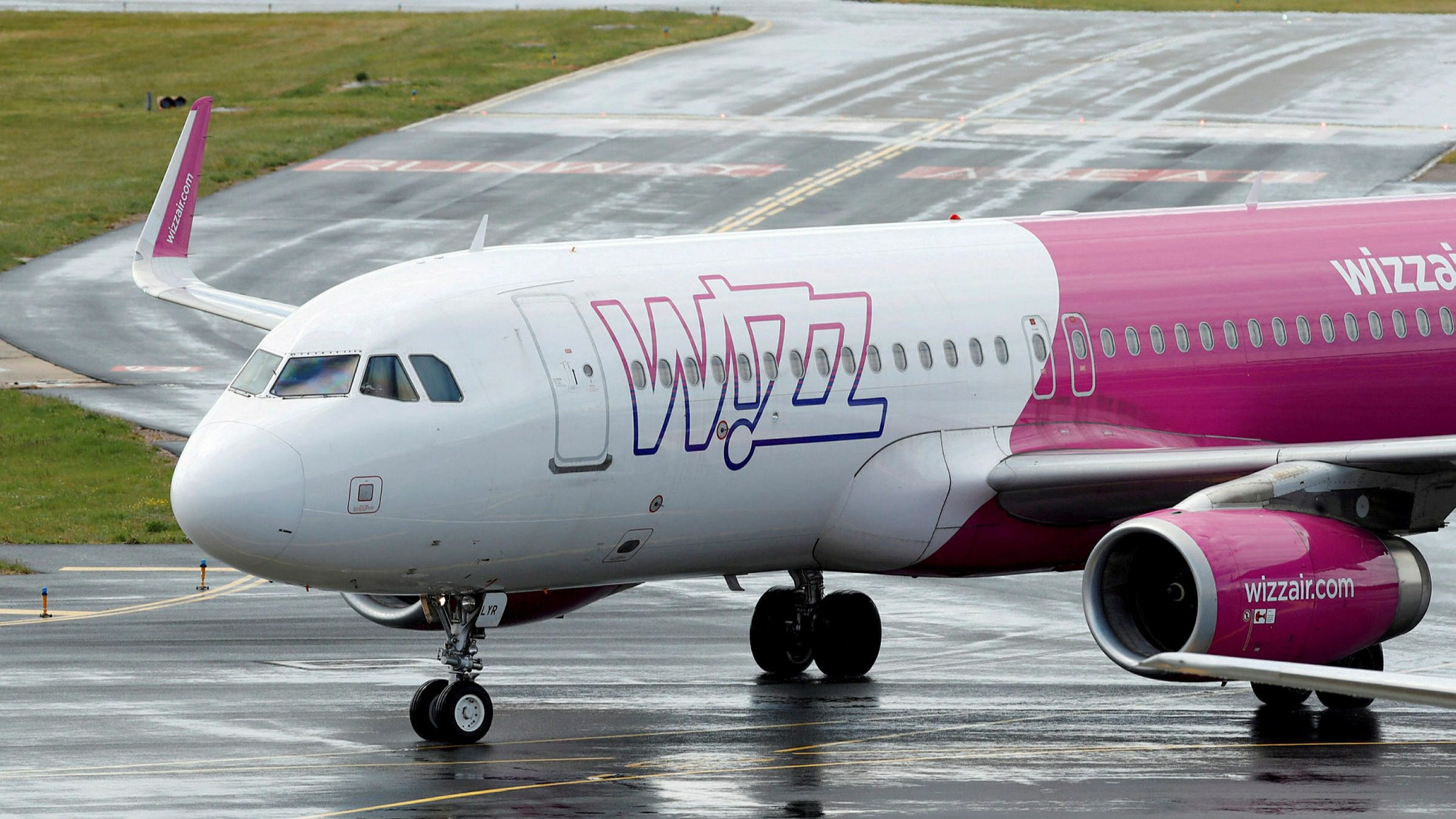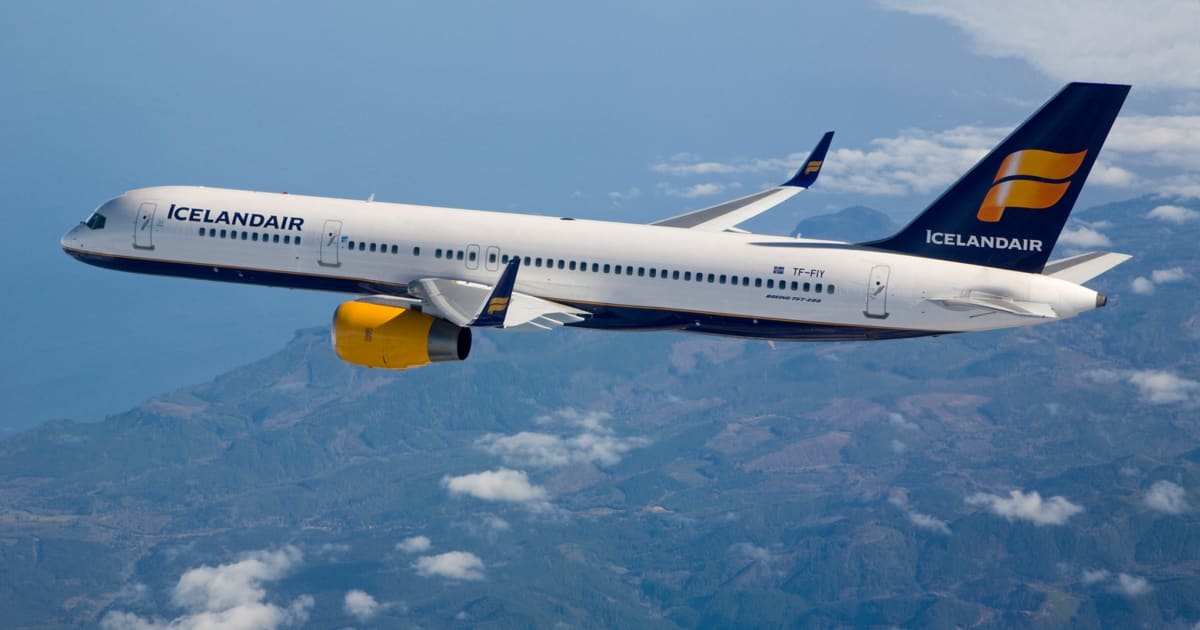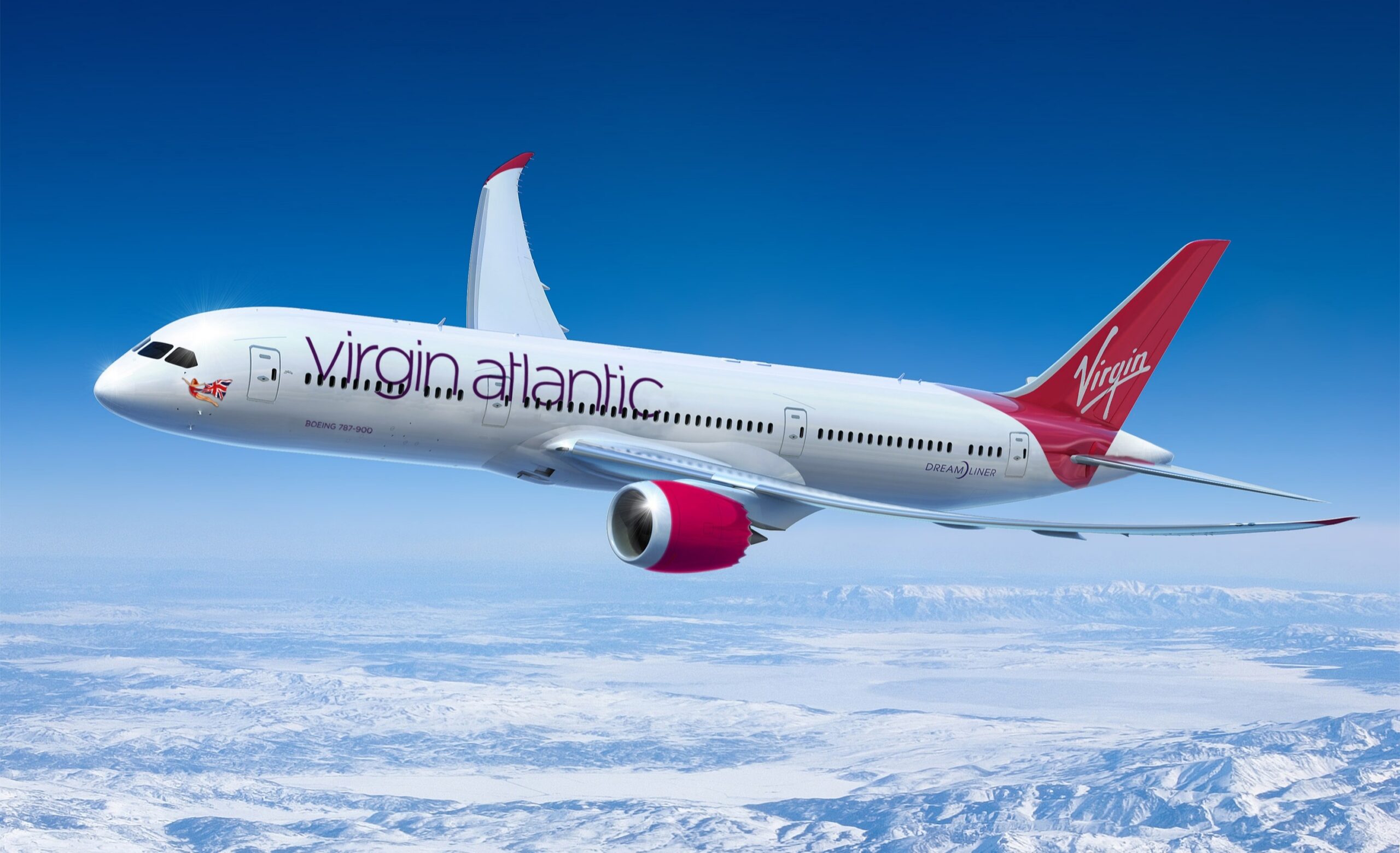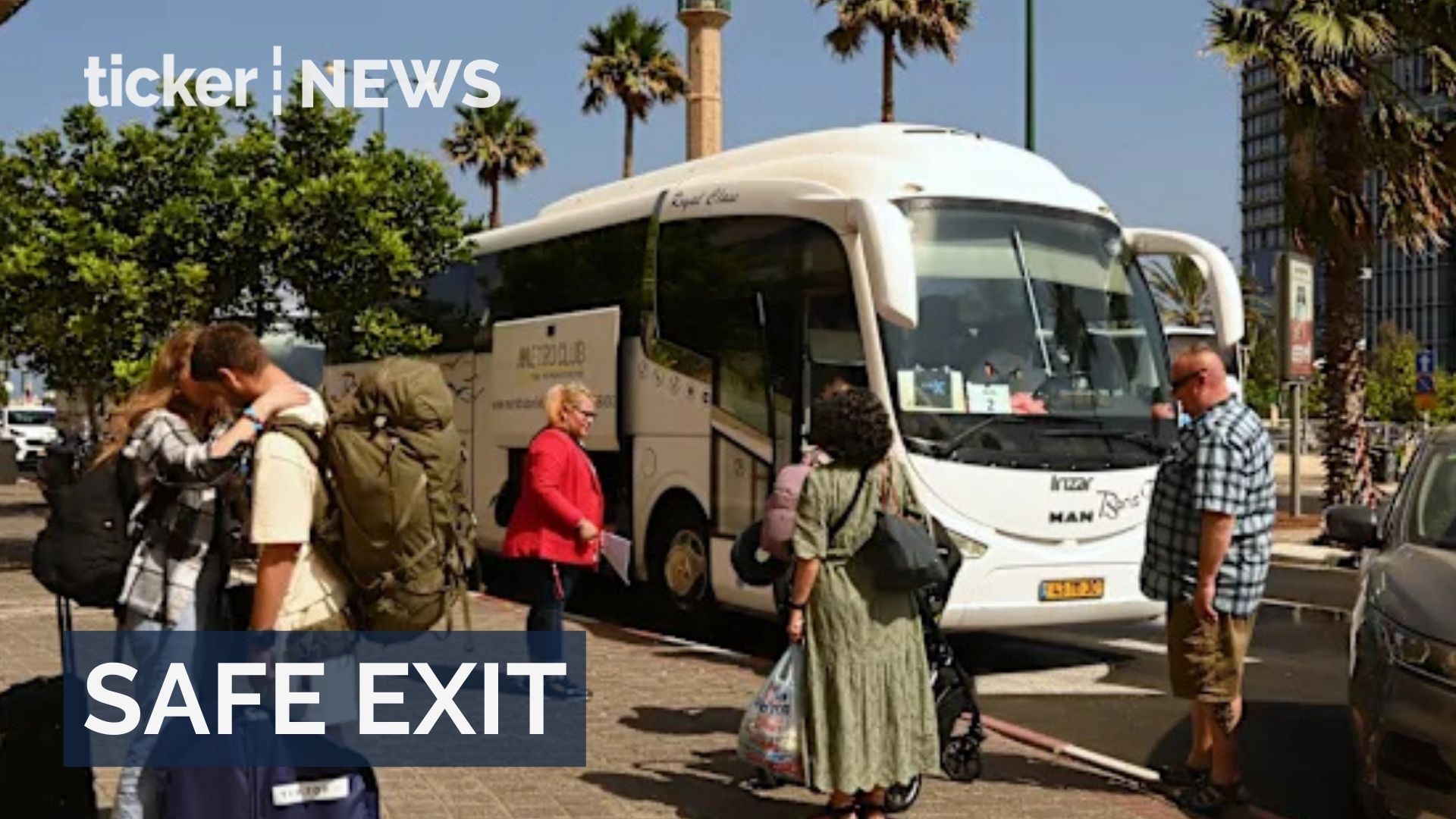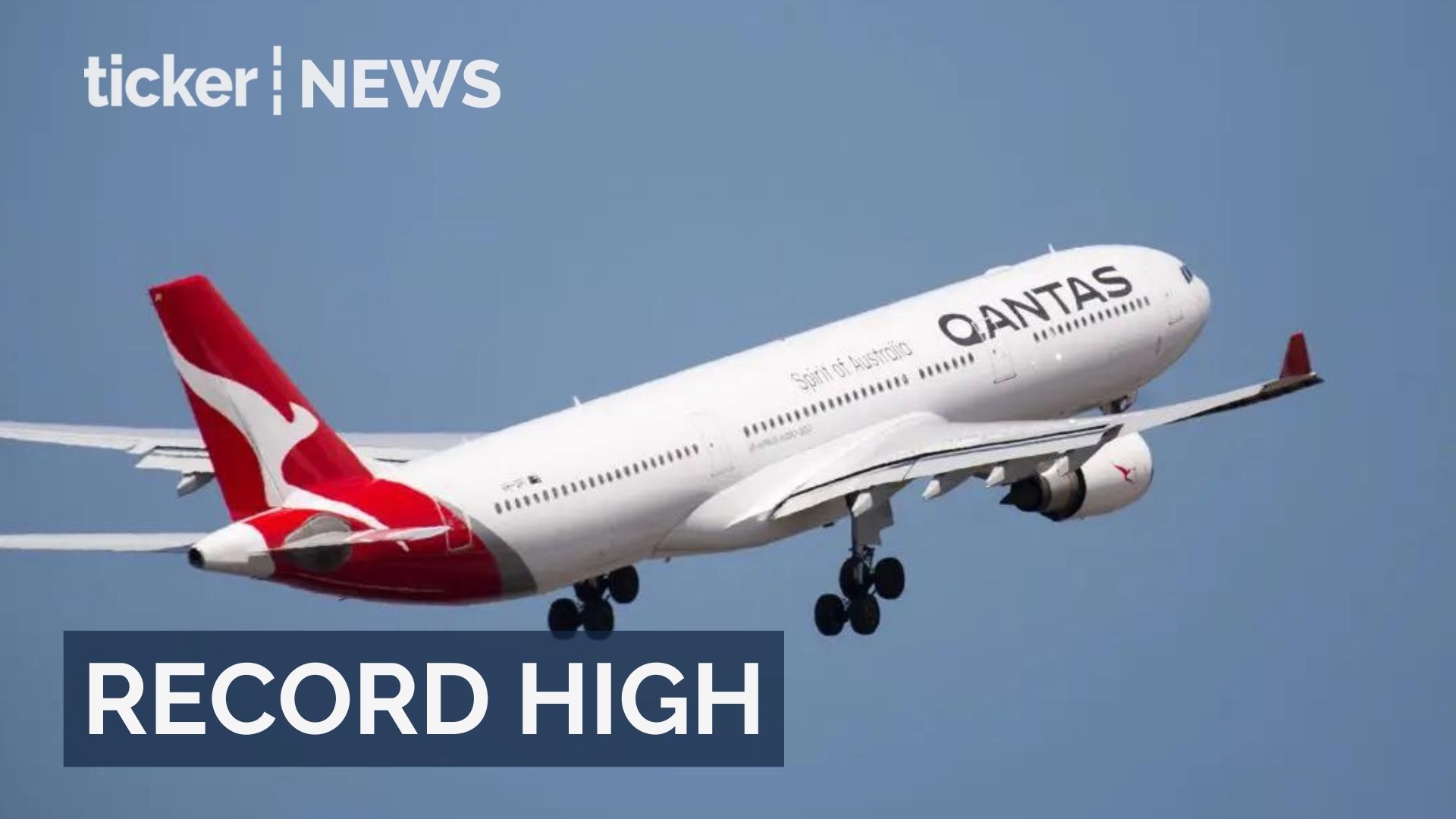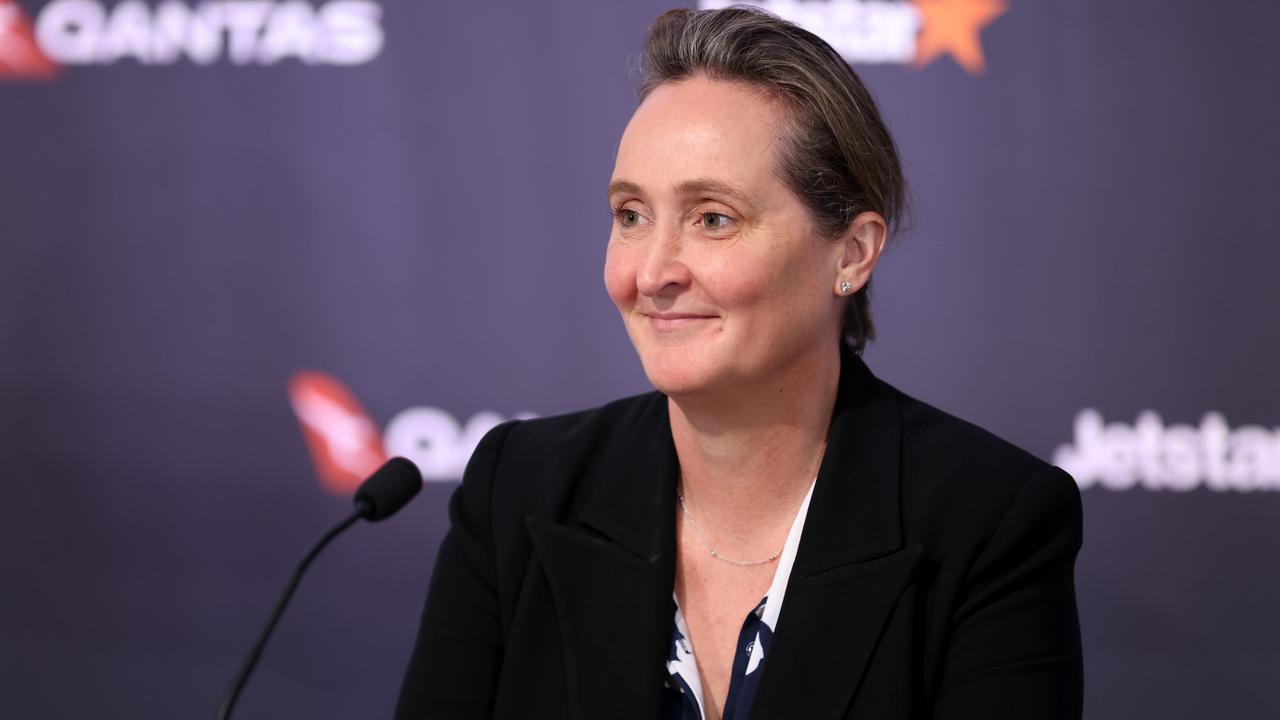News
The world’s worst airlines revealed as budget carrier takes infamous title
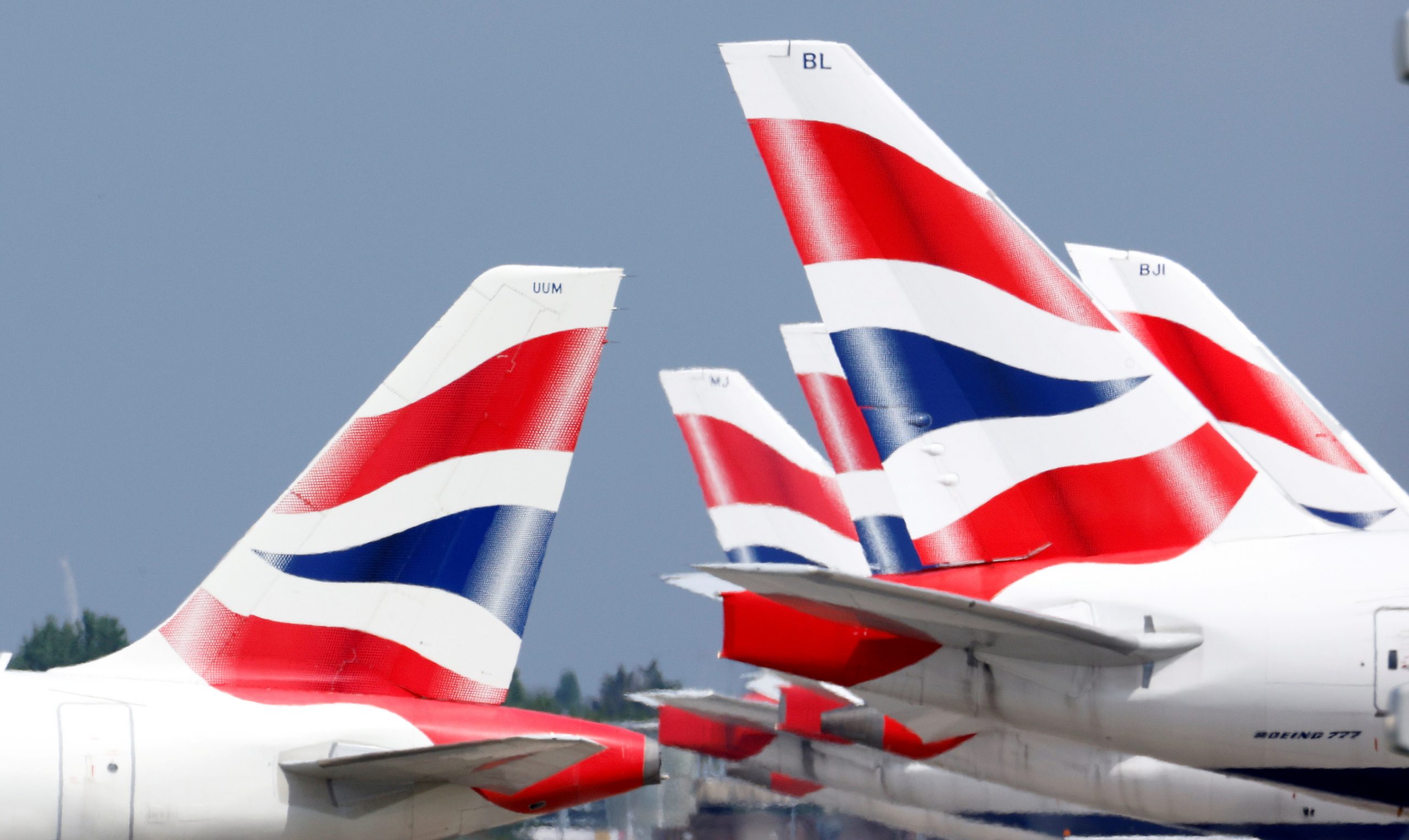

News
Australia issues evacuation advisory for diplomats and citizens in the Middle East
Australian diplomats’ families in Israel and Lebanon urged to evacuate amid rising tensions; all Australians advised to leave soon.
News
Trump signals possible action on Iran nuclear threat
Trump warns Iran on nuclear weapons and highlights threats, as US boosts military presence amid stalled talks.
News
Qantas announces 8,500 jobs and frequent flyer changes
Qantas announces 8500 new jobs and frequent flyer program revamp after record half-year profit of $1.46 billion
-



 Money2 days ago
Money2 days agoAustralia’s inflation report and Nvidia earnings impact explained
-



 Tech3 days ago
Tech3 days agoOpenAI moves to replace software giants with AI products
-



 Tech1 day ago
Tech1 day agoMeta launches lawsuits over alleged scam advertising operations
-



 Tech4 days ago
Tech4 days agoAnthropic CEO holds key Pentagon talks on AI ethics and military use
-



 Money4 days ago
Money4 days agoStocks tumble amid AI concerns and Trump tariff update
-



 Tech2 days ago
Tech2 days agoNvidia earnings soar as AI drives 75% revenue growth
-

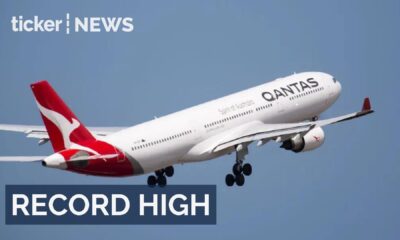

 News2 days ago
News2 days agoQantas announces 8,500 jobs and frequent flyer changes
-



 Ticker Views5 days ago
Ticker Views5 days agoHow Andrew Mountbatten-Windsor could be removed from the line of succession



